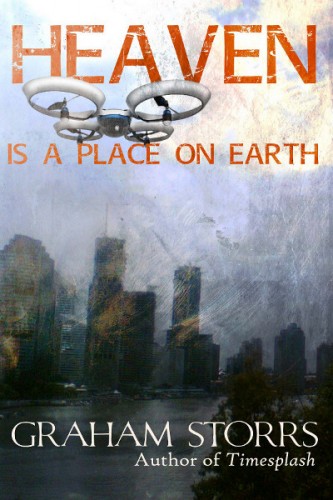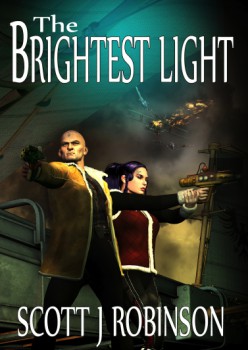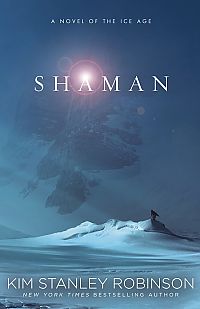 reviewed by Jamie Marriage
reviewed by Jamie Marriage
What is reality when all people see is artificial? What is control when all people have is submission? What is truth when all people know is a lie?
Graham Storrs doesn’t answer these questions, but he touches on them and attempts to reveal the morality of all-encompassing change.
Heaven is a Place on Earth is a speculative tale constructed around the idea of artificial reality and its impacts on humanity, concepts that aren’t simple imagination for us today. An upcoming vote seeks to bring all national network content under the control of local government, giving them the power to control, edit, and remove any information they find disagreeable. Written during a time when these issues are under hot debate, Storrs brings relevance to what is, at its core, a wonderful, action-packed and philosophical story.
Divided into four parts, the novel’s third person narrative alternates between Ginny, a struggling freelance composer, Rafe, a journalist attempting to return to the media world after a traumatic experience in his last case left him scarred and paranoid, and Della, corporate powerhouse and concerned friend of Ginny, just trying to keep her safe.
When Ginny delivers a mysterious package as a favour to a flirtatious acquaintance, she is quickly drawn into a world far beyond her comfort zone. Gone are the usual tired struggles for composing contracts, family squabbles, and unsatisfactory relationships, instead replaced with the struggle to stay out of prison—and alive—in a world where her every movement is trackable and every truth is a possible fabrication.
Interwoven with plots and sub-plots, Heaven is a Place on Earth pits Ginny against an anti-technology terrorist group, the Australian police force, and a consortium of international business owners chomping at the bit to have the new network control laws put in place for their own reasons. Storrs manages this complex interplay without leaving the reader confused, which is a grand feat in the circumstances.
Heaven is a Place on Earth is not a simple book, but it is a very fun book. It is a clever mix of conspiracy theory and technological speculation, with more than enough for fans of both genres.
Buy the book on Amazon




































